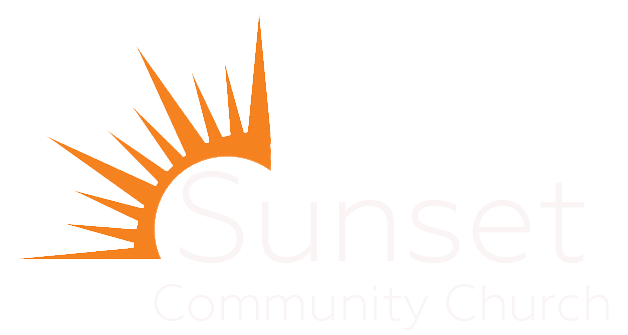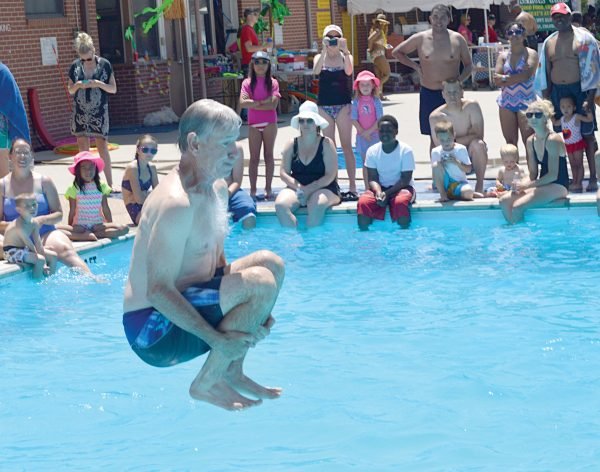This blog post is in response to a question asked by a church member during our What About…? series: “Where does hand raising in worship come from?”
Many others may have had the same question. Maybe you’ve been a hand-raiser for most of your Christian life – it just comes naturally to you. Maybe you’ve never so much as lifted your arms above your waistline during the singing. Either way, it can be helpful to consider the roots of this ancient practice.
Worship Defined
Before we examine the act of hand-raising, let’s first try to work off of a biblical understanding of worship. This can be a bit tricky because worship is a very broad topic spanning the course of Scripture. Scholar and biblical theologian David Peterson wrote a whole book on the topic, and only at the end does he give this brief, yet broad definition: worship is “faith expressing itself through obedience and adoration” (Engaging with God, pg. ?). While there are many other definitions of the practice of worship, this is a helpful place to begin.
Worship is an all-of-life practice, meaning it always involves our whole selves – both our heart and body. Romans 12:1-2 says that we are to offer our bodies completely to the Lord as our minds are renewed by his Spirit. This means that one of the major goals as we worship Jesus in this life is to bring our bodies and hearts in alignment with his character and teachings, expressing our internal attitude of faith/trust (heart) with outward acts of obedience and adoration (body). This is what sanctification looks like – becoming more and more like Jesus inwardly and outwardly.
Worship is both an individual and corporate act. We worship God individually through a heart of gratitude for a cup of coffee, or as we serve in ways no one else sees, or as we love our familes and friends
Corporate worship is often mistaken for the act of singing, but is not merely the act of singing songs of praise together, but so much more. We worship together in our church community on Sunday mornings, not just by engaging our vocal cords and lung capacites in singing songs, but also when we come forward to partake of the bread and cup during Communion, when we greet each other warmly with a hug or a smile, when we lay our hands on someone to pray for them, when we forgive each other and serve one another, and even as we enjoy a meal together. These are all embodied acts of our worship to God, ways we express outwardly what he is doing in us.
So when we do sing songs and pray together corporately, where does hand-raising fit in? Where did this practice come from?
Hand Raising in the Bible
Looking in the Psalms, we see that hand raising has varied meanings. They could express an act of blessing other people or God (Psalm 63:4). They can be a sign of dependence upon God (Psalm 28:2), or a sign of petition or lament (Psalm 88:9). They can also accompany commands to praise God with joy (Psalm 134:2).
Psalm 134 is a helpful example of the latter. Verse 2 says, “Lift up your hands in the sanctuary
and praise the Lord” (NIV). Psalm 135 and 136 are then an answer to Psalm 134 as some of the most beautiful psalms of praise. In both of these subsequent psalms, Israel reflects on how God the Creator has rescued them from Egypt, shown them mercy and grace, and never left them. As you read these psalms together, you can just imagine a chorus of praise rising from the priests and the people as they repeat the phrase “His love endures forever” in every verse of Psalm 136 accompanied by joyful shouts, lifting up of their hands in gratitude and hope.
Lifting hands during prayer was also a common practice as 1 Timothy 2:8 shows. Perhaps their arms were extended out, palms up, as a sign of readiness to receive their requests from God, similarly to what Psalm 88:9 says, “I spread out my hands to you.”
Where Does Hand Raising Come From?
So many of our expressions are also learned from our families and cultures. We learn how to act by observing how others in our family and culture act in certain situations. We take on the tendencies and mannerisms of our parents or close friends. They become our examples that our bodies naturally want to imitate.
Some of us may have never seen our family members or people in our culture lift their hands in worship. Maybe we watched them emobdy their worship by being still and closing their eyes in contemplation. Others of us saw and heard people in our community lift their hands, shout, applaud, and dance in exuberance.
Similarly, if you grew up in cultures where many kinds of physical expressions accompanied the act of worship, consider practicing stillness or contemplation. Sometimes our active bodies can be an indication of a restless heart and mind. Stilling our bodies can calm our thoughts, and focusing deeply on a truth of Scripture can be more engaging than “going through the motions.”
These physical expressions of praise generate simply from how God designed us as embodied creatures. We can’t help but express our hearts with our words and our actions (Luke 6:45). Embodied acts are a vital part of our communication to God and those around us.
When a toddler wants to be picked up, what does he do? He lifts his hands toward his father. How can you tell when a person is sad? They probably have a downcast face and likely shed tears. If someone is angry, how is it shown? Perhaps through a redness of face and clenched fists. When a child is excited, how can you tell? Watch her jump up and down grinning from ear to ear. These kinds of outward expressions of inward realities come naturally to us. As we grow up, we learn to use our words to accompany these natural physical expressions.
Sometimes we can say more with our actions without our words. And sometimes our words need to be accompanied by our actions. However we learned how others react or respond in corporate worship, we can all grow toward learning from our church family today.
Fears of Hand Raising
Maybe you fear you might be a distraction or fear being insincere. Both of those fears are understandable.
There are definitely things that can be outright distracting. But sometimes we can use this fear to mask a deeper fear – fear of what somewhat might think of us. Corporate worship is communal – it means we are all in this together. Worship is not about us, but it does involve all of us. Perhaps consider how participating by embodying your heart’s gratitude to God by lifting your hands may encourage your neighbor near you in the pew.
As for the feeling of being insincere, try it anyways. Sometimes we need to embody something before we feel it more deeply – a “fake it ’til you make it” approach. I rarely have the desire to work out, but when I do I always feel better. The same could be applied to engaging your body (lifting your hands) during a song. It might feel foreign at first, but it also could become an expression you learn to deeply appreciate.
Conclusion
Should we or shouldn’t we lift our hands when we sing together? There is no right or wrong answer. God does not condemn us for lifting or not lifting our hands in worship. But he does desire us to grow fully into engaging our whole selves – heart and body – toward honoring Jesus. When we are gathered together to offer our worship to God, our desire is to honor him in everything.
“So whether you eat or drink, or whatever you do,” – including lifting your hands, being still, or bowing down to the ground – “do it all for the glory of God” (1 Cor. 10:31).
Written by Aaron Zavala









